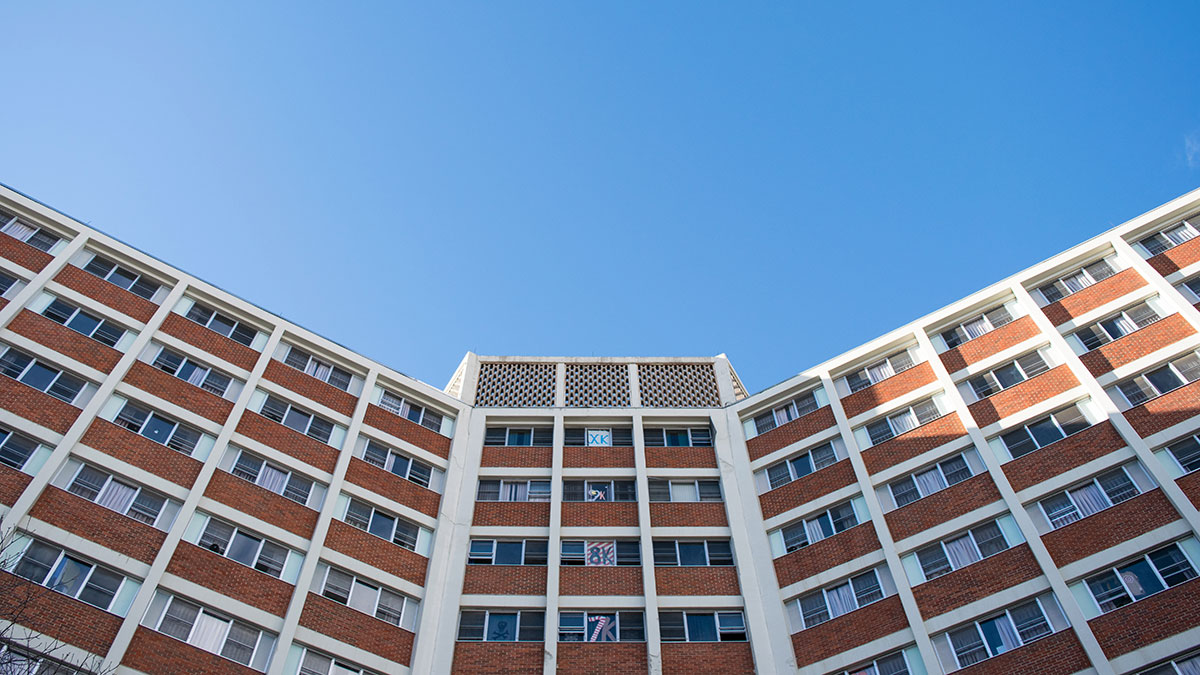Students on social media prompt university to examine residence life
 Christina Varvis
Christina VarvisAfter a wave of complaints against Residence Services’ treatment of student leaders and residents, the University of Alberta has responded by establishing a task force to examine the residence experience.
Two weeks ago, numerous students posted about their residence experiences — good and bad — on Facebook and Chitter, Deputy Provost Wendy Rogers said. While some students spoke to their residence experiences in general, other students hashtagged posts with #LongLivetheLHSA, which referenced Lister and its current lack of a student association. Student leaders felt a lack of advocacy and transparency in residence life and called for an independent investigation.
Students’ recent social media posts were a factor in the university’s decision to establish the Residence Life Task Force, Rogers said.
The task force, composed of student leaders and university administrators, will conduct a “comprehensive examination” of residence life starting this spring. The examination should produce a report in December containing recommendations and actions for the university to improve student life, Rogers said.
Both student leaders and university administrators hope to address ground-level issues in residences, which may include pest management, maintenance, noise, food and communication between students and the university. The task force will also look into how campus residences differ, as a graduate student with a young family in Michener Park may have different concerns than a first-year student living in Lister Centre.
If the task force opts to use interviews with students, staff and former residents to determine recommendations, it will hire an independent individual who will likely be contracted from within Edmonton, Rogers said.
“It’s important to find who all the stakeholders are in residences,” she said. “And make sure that all of those stakeholders have the opportunity to be heard with respect to how they think that we could optimize the residence experience.”
Student leaders, including Students’ Union President Navneet Khinda, are “cautiously optimistic” of the task force. The university has needed a working group for its residences since at least 2012, she said. While the task force is not the “full-blown” investigation students asked for, it’s good for the SU executives to work so closely with the university’s Deputy Provost and the Dean of Students on residences, Khinda said. The committee will allow for more transparency on how the university incorporates the student voice in its decision-making.
“I like (the task force) because we get to see if university administration is actually serious about taking up our concerns,” Khinda said.
Khinda also said she hopes the task force will outline decision-making processes in Residence Services, as it is overseen by both the Office of the Dean of Students and Facilities and Operations. Currently, overlapping mandates of the three administrative bodies can cause confusion for students who are trying to address problems with residence life, as it may be unclear what group deals with what problem, Khinda said.
The residence life task force meetings begin this spring with its initial members Deputy Provost Wendy Rogers, incoming Dean of Students, André Costopoulos, SU President-elect Fahim Rahman and SU Vice-President (Student Life)-elect Francesca El Ghossein.




